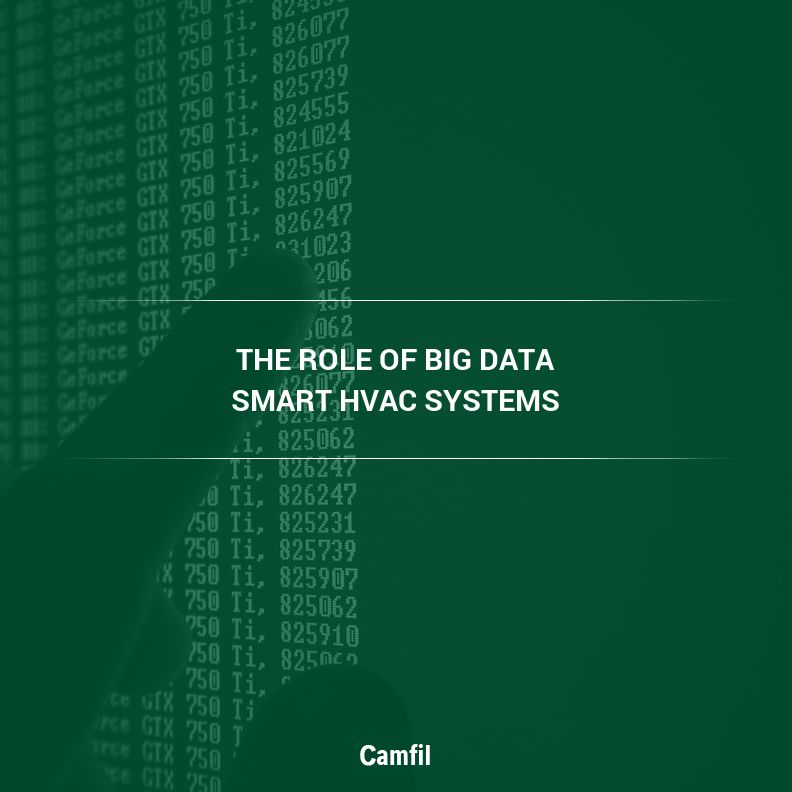The integration of smart data analytics tools into commercial HVAC systems can decrease maintenance costs and increase energy efficiency while providing an impressive boost in indoor air quality.
Across the country, owners and facility managers are embracing smart HVAC systems and building automation tools in order to gain actionable insights over their ventilation and filtration equipment.
By collecting and analyzing equipment performance data, forward thinking commercial entities are able to spot expensive equipment failures before they happen while also keeping an eye on things like ventilation efficiency and overall energy usage.
As smart HVAC components become more affordable, commercial and industrial operators should look to integrate them further into their facilities as an investment in workplace IAQ which in reality is an investment in the workers themselves.
The Big Data Available from All Types of HVAC Systems
A staggering 35% of global energy consumption is used for commercial buildings. HVAC (heating, ventilation and air conditioning) is a large portion of the energy consumption and presents significant challenges to managers and facility owners motivated either by their shareholders or their customers to increase energy efficiency across the board.
Making commercial HVAC systems more ‘visible’ means using big data to monitor energy usage at multiple specific components, making it possible to pinpoint the biggest energy drains and address them one by one.
Even the Best Commercial HVAC Systems Need Targeted Maintenance
Data analytics can help owners and facility managers make highly informed decisions about their equipment. Whether they’re looking to decrease energy usage or prevent mechanical failure, having access to data analytics tools can open up opportunities for repair over replacement, or optimization over overhaul.
From faulty components to poorly timed ventilation loops, the most commonly reported problems of commercial filtration systems can usually be addressed with the right data tools. This can lead to a significant reduction in overall energy usage … one of the few things that is likely to be appreciated by both marketing and accounting.
Investing in Commercial-Grade Smart HVAC Products
Increasingly, building automation systems (BAS) are being used by owners and managers to collect a surprising amount of performance data about their own facilities. As the data comes in day after day, it becomes possible to assemble patterns and construct historical trends . . . both of which are necessary in establishing “cause & effect” patterns that can be used in troubleshooting and maintenance.
The Future of IAQ: Intelligent HVAC Systems
Smart HVAC systems are capable of doing more than adding a bit of convenience to a manager’s workday. Alongside innovative building automation tools, smart HVAC can increase environment comfort, energy efficiency, and IAQ, while promoting preventative maintenance over expensive replacements.
The post Why HVAC systems and big data need to team up for better IAQ appeared first on Air Filters for Clean Air.

